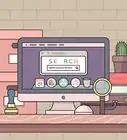This article was co-authored by Gonzalo Martinez and by wikiHow staff writer, Jennifer Mueller, JD. Gonzalo Martinez is the President of CleverTech, a tech repair business in San Jose, California founded in 2014. CleverTech LLC specializes in repairing Apple products. CleverTech pursues environmental responsibility by recycling aluminum, display assemblies, and the micro components on motherboards to reuse for future repairs. On average, they save 2 lbs - 3 lbs more electronic waste daily than the average computer repair store.
There are 9 references cited in this article, which can be found at the bottom of the page.
This article has been viewed 2,408 times.
If you want to be on the cutting edge of the cutting edge, blockchain is where it's at. You might associate blockchain with cryptocurrency—and that is how it got its start. But now, blockchain technology is poised to take digital commerce by storm—and blockchain developers earn 10-20% more than other developers.[1] Read on to learn everything you need to know to pivot your tech career to blockchain and get in on the ground floor of this exciting emerging technology. New to coding? No problem! You'll also learn how to become a blockchain developer even if you're starting from scratch.
Steps
Transitioning from Another Tech Field
-
1Choose a blockchain role to specialize in. While it's possible that you would fulfill more than one role in a small business or startup, most blockchain developers specialize in a specific part of blockchain. Since you already have tech experience, you might go further faster if you go with a role that capitalizes on the knowledge and experience you already have. Here are your options:[2]
- Core blockchain developer: plans and supervises blockchain projects, builds blockchain architecture
- Blockchain software developer: designs and develops APIs to facilitate blockchain integration, app performance testing, tech support
- Smart contract developer: develops and audits smart contracts (self-executing lines of code to record transactions on the blockchain), consults and interacts with users and buyers, executes product testing
-
2Get up to speed on the socioeconomic movement behind blockchain. Understanding this movement is one of the major things that sets blockchain developers apart from other developers. Privacy and anonymity are perhaps the biggest motivating factors for the creation of this technology.[3]
- In terms of political mindset, this movement has been fairly libertarian from the outset. Cryptocurrency enthusiasts tend to favor small, limited governments that intervene minimally (if at all) in people's lives.[4]
- You don't have to share these political views to be a good blockchain developer, but understanding them will help you understand why blockchain developed as it has.
Advertisement -
3Take blockchain-specific certification courses. While there's no official blockchain certification, there are independent organizations that offer it. You'll learn plenty about blockchain through the course and the certification you earn proves you know your stuff. Ask your employer if they'll pay for your training—if they're planning on using blockchain in the future, they might consider this an excellent investment. Here are some good options:
- 101 Blockchains Certification Programs: 5 certifications ranging from $399-499 including course and exam
- Blockchain Certification Association: 5 certifications priced at $150; exam only
- Blockchain Council: certifications starting at $150 for course and exam
-
4Learn blockchain-specific programming languages. The big one here is Solidity, the programming language for smart contracts that run on the Ethereum platform. Solidity is heavily influenced by C++, Python, and JavaScript, so if you have experience in those languages you should be able to pick it up fairly quickly. It's a relatively young language so rapid changes are the norm.[5]
- The Ethereum developer portal has loads of resources to help you get started with Solidity.
- Stay up to date through the Solidity blog or on Twitter.
- Follow the Solidity Github project to keep track of new features as this language develops.
-
5Network with other blockchain developers. As you immerse yourself in blockchain, you'll likely make a lot of contacts that can help you strengthen your skills as a developer. Become active in blockchain developer online forums to gain even more allies and resources.
- As an experienced coder, you're likely already members of a lot of tech forums—it's just a matter of finding the blockchain groups on those platforms and jumping into them.
- Talk to people you know as well—if you know someone who's also trying to transition into blockchain, the two of you can share resources.
-
6Start developing some blockchain applications. If you're already a software developer, you have a leg up because 80% of the code of a blockchain app is code you would've already written before. Only the remaining 20% is blockchain-specific, so this is a relatively easy way to transition to blockchain.[6]
- Blockchain projects are open source, so it's easy to jump into a project on GitHub or through the Hyperledger Foundation.
- You might also start by taking a project you've already done and seeing if you can adapt it to work on the blockchain.
Starting Your Tech Career in Blockchain
-
1Get a bachelor's degree in computer science or information technology. While there's no specific blockchain developer degree, learning the fundamentals of data structures, cryptography, networking, and distributed systems gives you a solid foundation to become a blockchain developer.[7]
- Most major tech companies require new hires to have a degree, so if your goal is to work for one of those, you definitely need a degree—even though it's not specifically required to be a blockchain developer generally.
-
2Learn the core programming languages C++, Java, and Python. Blockchain-specific programming languages are based on these, so you want to start here. Most blockchain software is also primarily written in one of these 3 languages. [8]
- Play around on different platforms to build hands-on experience. The more practice you have with the languages you know, the more versatile and fluent you'll become.
-
3Learn data structures and algorithms on GitHub. "The Algorithms" is a free open-source resource that teaches you how to implement data structures and algorithms in common programming languages, including Python, Java, and C++. So if you're still learning one of those programming languages, you can put your skills to the test here.[9]
- All blockchain developers need a solid understanding of common data structures and how they factor into a blockchain—which, at its core, is simply a network of replicated databases.
-
4Understand the basics of cryptography. Cryptography is the backbone of a blockchain. Cryptography does require a pretty strong math background. If math isn't your strong suit, you might want to pick up a few courses that will boost your skills.[10]
- Stanford University offers a free course on Coursera that will give you a solid foundation in cryptography without getting bogged down in a lot of math.
-
5Join online blockchain developer communities. Here's where you can network with other blockchain developers so you stay up-to-date on what's happening in the field. You can also get the skinny on companies that are hiring.
- Start with the blockchain communities on Reddit, GitHub, and StackExchange. Telegram and Discord are also popular with blockchain developers. Don't just lurk—be active! Ask questions, offer advice or help where you can, and build connections with others.
-
6Choose an aspect of blockchain to focus on. Do you want to build the blockchain itself, write the code for smart contracts, or develop apps that run on the blockchain? As you learn about blockchain, you'll likely gravitate toward a particular area—but don't be afraid to experiment with others as well.[11]
- As a core blockchain developer, you'll need to know a lot about databases, networking, and cryptography. Core blockchain developers are responsible for blockchain architecture.
- As a blockchain software developer, you'll build apps that run on blockchain. Most of the work here involves building the app itself—a lot of coding that isn't necessarily blockchain-specific.
- You can also specialize in writing smart contracts, the code that sets the rules for recording data and completing transactions on the blockchain.
-
7Take on a few small projects to get your feet wet. Jumping right in and doing something can be the best way to learn, so don't be afraid to start working on projects here and there. Start by asking people with existing development projects if you can help them out. Do well, and they'll loop you in on more projects or recommend you to others.
- GitHub and StackExchange are both great forums to look for active projects where you can contribute.
Learning All You Need to Know about Blockchain
-
1Start with the basics of blockchain. If you're active in the tech world (either professionally or as an enthusiast), you may already know the basics. But if you only have a passing familiarity, nailing down the basics can help you decide what aspects of blockchain development you want to be involved in.[12]
- At its core, a blockchain is a database for electronic information. The difference between it and other database structures? Blockchain guarantees the security and fidelity of the data it stores.
- All data entered in a blockchain is permanent and unchangeable, so blockchain transactions are irreversible once they're recorded.
- Blockchains use smart contracts (self-executing lines of code) to record and execute transactions.[13]
-
2Take advantage of free online courses. There are a ton of free online courses that can teach you virtually everything you need to know (and then some!) to become a blockchain developer. Blockchain is open-source, so there's no stigma to being self-taught. Here are some highly-rated courses to get you started:
- CryptoZombies
- Space Doggos
- edX courses from IBM, The Linux Foundation, Berkeley, and other leading global universities
- Coursera cryptocurrency course from Princeton University
-
3Study economics and crypto-economics. A broad-based understanding of the cryptocurrency movement, monetary policy, and currency valuation is something that sets blockchain developers apart from other tech developers. There's a socio-economic movement underlying blockchain development, based on the idea of decentralization, and an understanding in that is critical to a career in blockchain. Here are some good resources to get you started:[14]
-
4Read up on game theory. Game theory is the mathematical framework that underpins the development of blockchain. Once you have a lock on game theory, you'll start to understand how blockchain works and why it developed the way it did.[15]
- To get started, check out the Beginner's Guide to Game Theory by Michael Karnjanaprakorn, posted on the website HackerNoon. It's written for beginners and is pretty easy to understand.
-
5Practice buying and selling cryptocurrency. While cryptocurrency is not the only way to use blockchain, it is where blockchain originated. If you buy cryptocurrency, you'll get some hands-on experience working with a blockchain.[16]
- Crypto is what first draws many aspiring blockchain developers to the field, so chances are you already have plenty of experience in this realm. But if you don't, there's never been a better time to take the leap!
- Read Satoshi Nakamoto's bitcoin white paper to learn more about blockchain in the bitcoin context.
-
6Lurk in online blockchain and crypto communities. Online forums offer you the opportunity to be a fly on the wall and learn from others as they discuss issues they've come across. You can also ask questions and find out about blockchain development first-hand from people who do it for a living.
- If you want advice or help on specific projects you're working on, post on GitHub or StackExchange. You can also help others with their projects, which can give you some practical experience.
- Remember the political mindset behind blockchain. Blockchain professionals and enthusiasts tend to congregate on forums that value privacy and anonymity.
References
- ↑ https://blockgeeks.com/blockchain-developer-salary/
- ↑ https://101blockchains.com/how-to-become-blockchain-developer/
- ↑ https://101blockchains.com/how-to-become-blockchain-developer/
- ↑ https://blockgeeks.com/how-to-hire-a-good-blockchain-developer/
- ↑ https://soliditylang.org/
- ↑ https://www.ibm.com/blogs/blockchain/2019/12/a-software-engineers-guide-to-becoming-a-blockchain-developer/
- ↑ https://opensource.com/article/19/4/blockchain-career-developer
- ↑ https://101blockchains.com/how-to-become-blockchain-developer/
- ↑ https://opensource.com/article/19/4/blockchain-career-developer
- ↑ https://opensource.com/article/19/4/blockchain-career-developer
- ↑ https://101blockchains.com/how-to-become-blockchain-developer/
- ↑ https://www.investopedia.com/terms/b/blockchain.asp
- ↑ https://www.investopedia.com/terms/s/smart-contracts.asp
- ↑ https://opensource.com/article/19/4/blockchain-career-developer
- ↑ https://opensource.com/article/19/4/blockchain-career-developer
- ↑ https://blockgeeks.com/guides/blockchain-developer/

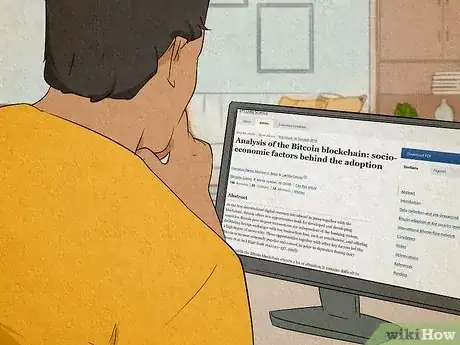
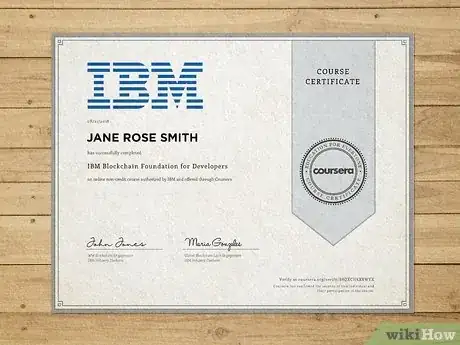
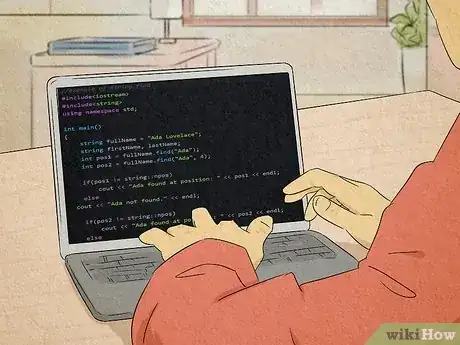


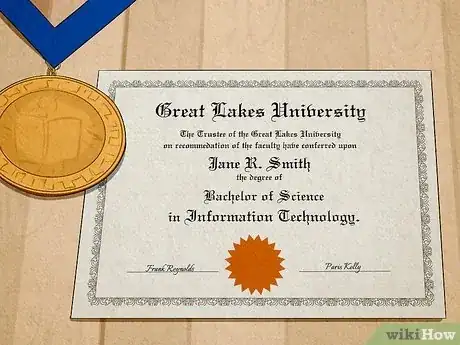
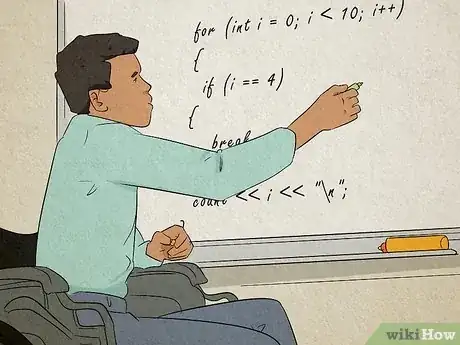
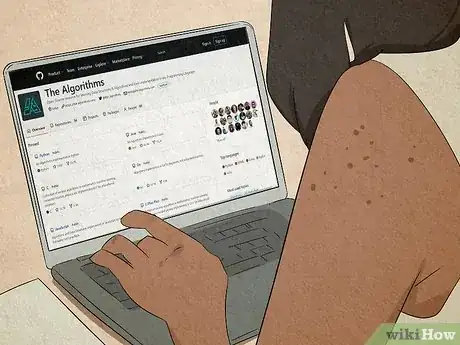
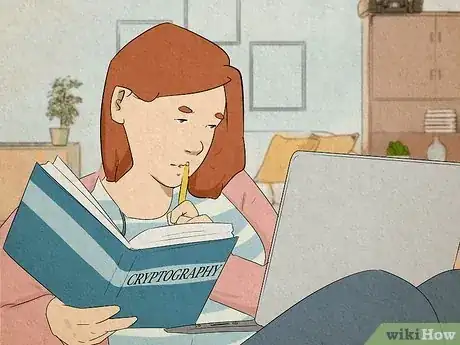
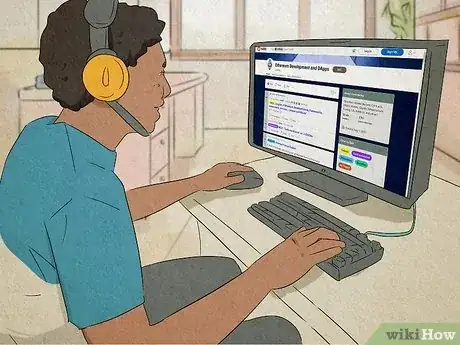

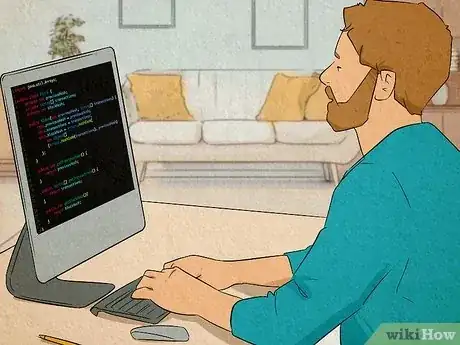
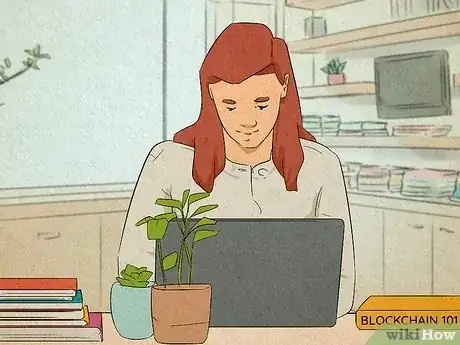
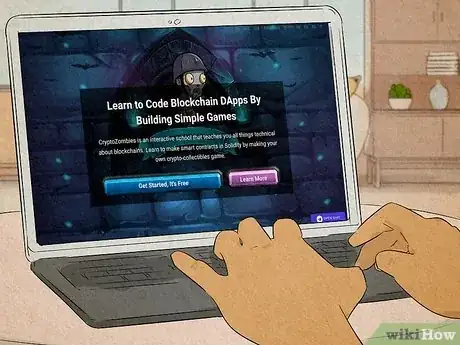
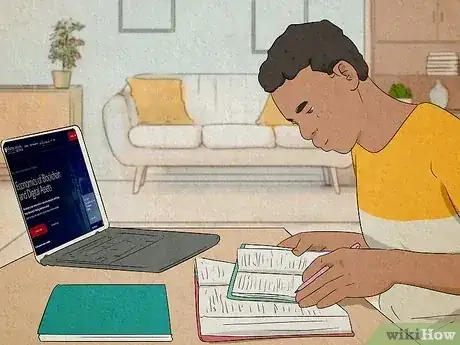
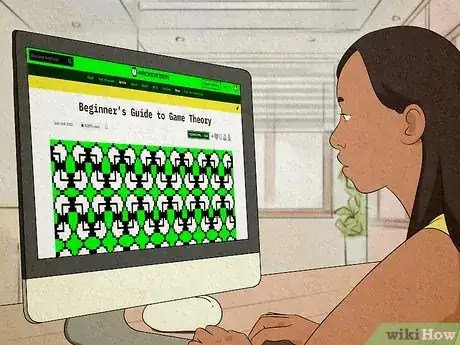


-Step-9.webp)
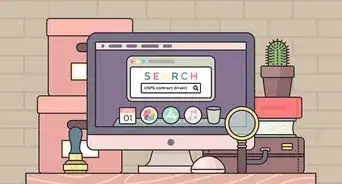







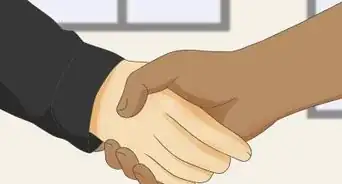



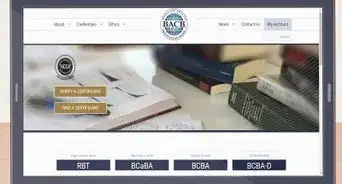







-Step-9.webp)
